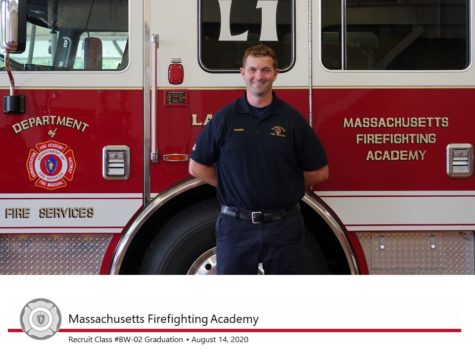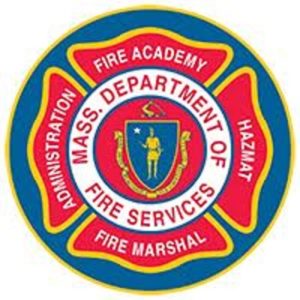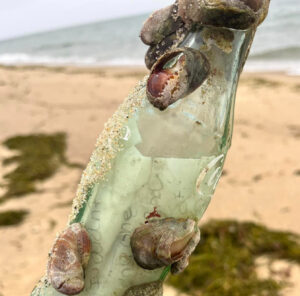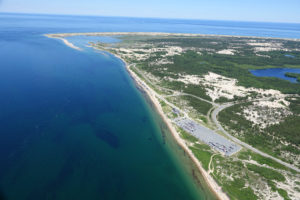BRIDGEWATER, MA – State Fire Marshal Peter Ostroskey and Massachusetts Firefighting Academy (MFA) Director David C. Evans announced the graduation of the second class to complete the Massachusetts Firefighting Academy’s fifty-day Career Recruit Firefighting Training Program at the new Bridgewater campus on August 14, 2020.
17 Graduates from 11 Fire Departments
The 17 graduates include Firefighter Devin Manning of the Yarmouth Fire Department.

“First responders are on the frontlines protecting their communities and these newest firefighters are needed more now than ever. We have taken advantage of technology, reduced class size to increase social distancing, implemented daily screening, and required mask-wearing to keep our instructors and students as safe as possible during these uncertain times,” said State Fire Marshal Ostroskey.
MFA Director Evans said, “This rigorous professional training provides our newest firefighters with the basic skills to perform their jobs effectively and safely and this new campus brings training closer to firefighters in the six southernmost counties.” The MFA, a division of the Department of Fire Services, offers this program, tuition-free.
Southeastern Massachusetts Campus in Development
The new southeastern Massachusetts campus of the Department of Fire Services was a vacant Department of Correction property in Bridgewater. Numerous improvements to the facility have already been made and many more are planned, including construction of a live fire training building like the agency has at both the Stow and Springfield campuses. Students traveled to the Stow Campus for live fire training and use of other specialized training resources. The Stow campus includes a gas training facility to train firefighters on how to extinguish fires involving natural, propane gas, and liquid natural gas.
Today’s Firefighters Do Far More than Fight Fires
Today’s firefighters do far more than fight fires. They are the first ones called to respond to chemical and environmental emergencies, ranging from the suspected presence of carbon monoxide to a gas leak. They may be called to rescue a child who has fallen through the ice or who has locked himself in a bathroom. They rescue people from stalled elevators and those who are trapped in vehicle crashes. They test and maintain their equipment including self-contained breathing apparatus (SCBA), hydrants, hoses, power tools, and apparatus.
At the Massachusetts Firefighting Academy, they learn all these skills and more from certified fire instructors who are also experienced firefighters. Students learn all the basic skills they need to respond to fires, to contain and to control them. They also receive training in public fire education, hazardous material incident mitigation, flammable liquids, stress management, confined space rescue techniques, and rappelling. The intensive, 10-week program for municipal firefighters involves classroom instruction, physical fitness training, firefighter skills training, and live firefighting practice.
Training Safely During Pandemic
In response to the pandemic, the 10-week curriculum was reorganized to take advantage of online learning technology while ensuring plenty of practical skill experience on-campus with instructors. Students alternated between the virtual classroom for two weeks, on campus for practical training (using special safeguards and social distancing) for four weeks, back to the virtual classroom for a week, returning to campus for two weeks and finishing the final week in the virtual classroom.
Basic Firefighter Skills
Students receive classroom training in all basic firefighter skills. They practice first under non-fire conditions and then during controlled fire conditions. To graduate, students must demonstrate proficiency in life safety, search and rescue, ladder operations, water supply, pump operation, and fire attack. Fire attack operations range from mailbox fires to multiple-floor or multiple-room structural fires. Upon successful completion of the Recruit Program all students have met the national standards of National Fire Protection Association 1001 and are certified to the level of Firefighter I and II, and Hazardous Materials First Responder Operational Level by the Massachusetts Fire Training Council, which is accredited by the National Board on Fire Service Professional Qualifications.
























